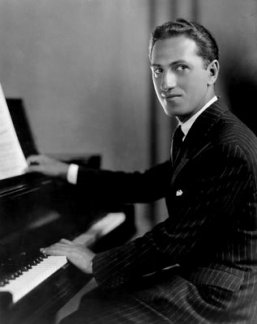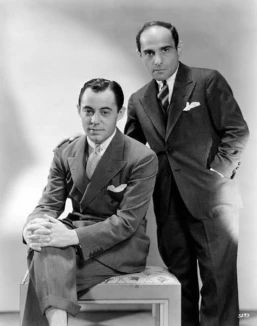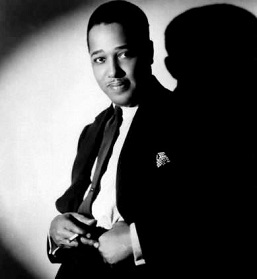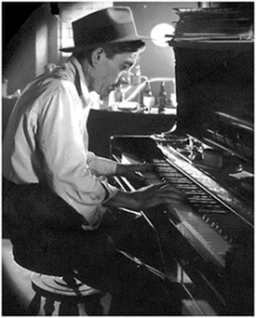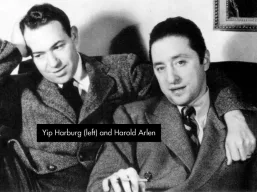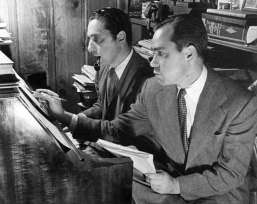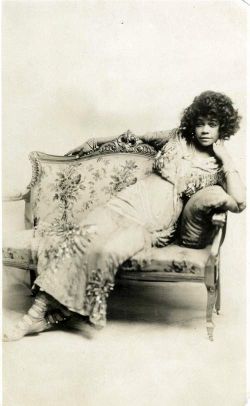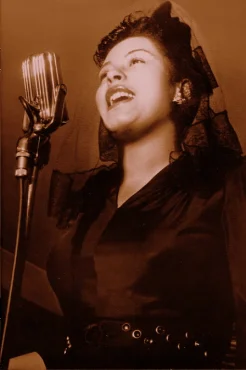Love Thy Neighbor – Bing Crosby, 1934
________________________
Love Thy Neighbor (m. Harry Revel, w. Mack Gordon)
From the film We’re Not Dressing (1934) starring Bing Crosby, Carole Lombard, George Burns, Gracie Allen, and Ethel Merman.
Never treat others with scorn
We’re only here ’cause we’re born
Although you’re way up
You may not stay up
Stop tootin’ your horn
Why boast of the wealth you possess
High on the hill of success
On friendship you never should frown
You’ll need the same friends on the weary way down
So, love thy neighbor
Walk up and say “How be ya
Gee, but I’m glad to see ya, pal
How’s tricks? What’s new?”
Love thy neighbor
Offer to share his burden
Tell him to say the word’n
You will see him through
‘Specially if there should be
A beautiful girl next door
Say to that girl next door
Now don’t think I’m bold
But my mother told me to
Love thy neighbor
And you will find your labor
A great deal easier
Life will be breezier
If you love thy neighbor
‘Specially should there be…
(repeat rest of sections 5 and 6)
_____________________________
Each of the consecutive lines in the lyric highlighted in maroon is often given incorrectly in online lyrics sites. For the first, “Stop tootin’ your horn,” they typically give “Stop cheatin’ your heart” (which doesn’t even rhyme with “born” as it should), and the second of the two is frequently given as “Why most of the wealth you possess.” Neither of these make sense in context. Unlike today, it was generally important during the songbook era for lyrics to be coherent. An exception being if you intentionally wrote nonsense for comic effect.
The phrase “Stop tootin’ your horn,” found at the end of the first section, means stop boasting, or behaving with excessive pride. The two lines which precede this, “Although you’re way up / You may not stay up,” provide one reason for remaining modest amid success, and suggest the adage “Pride comes (or goes) before a fall.”
The second section argues that you shouldn’t be boastful and “frown” upon friendship when you’ve reached a successful position, because you’re going to need the same friends when you inevitably find yourself on the way down the ladder. The first two lines of the second section form a complete interrogatory sentence: “Why boast of the wealth you possess, high on the hill of success?” If you substitute “most” for “boast,” you transform the original rhetorical, interrogative couplet (lines 6 and 7) into the beginning of a proposition which is not completed in the subsequent lines.






